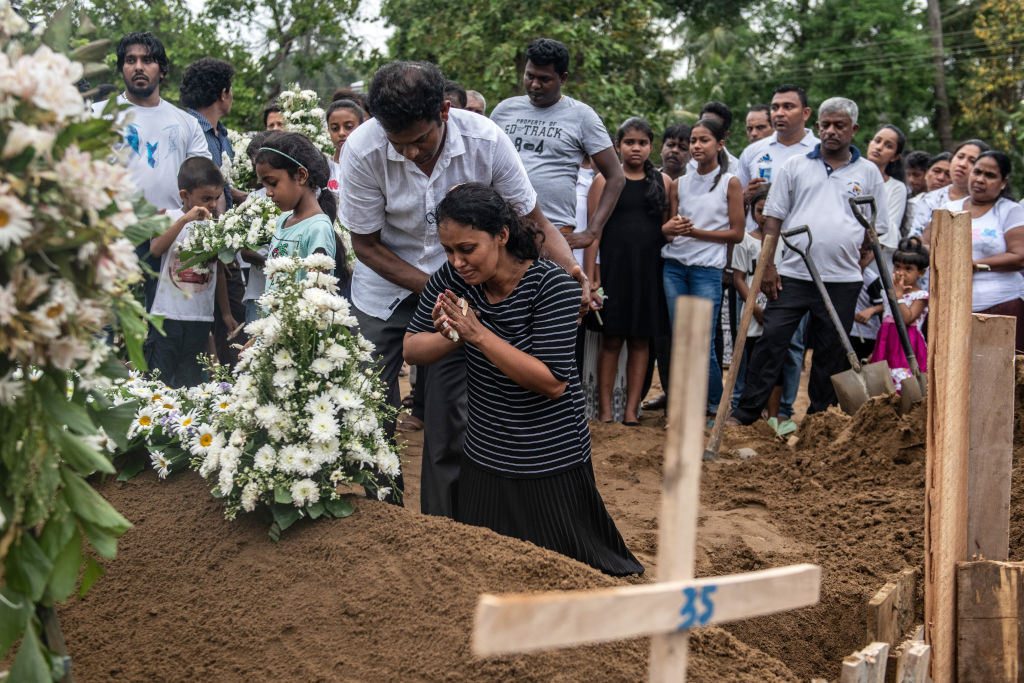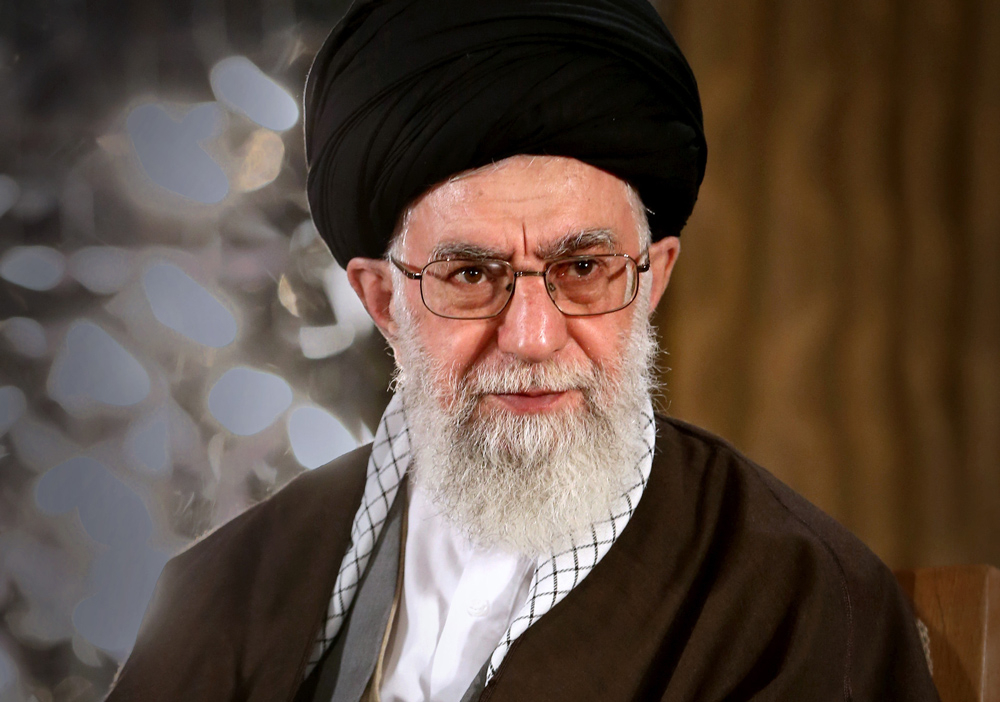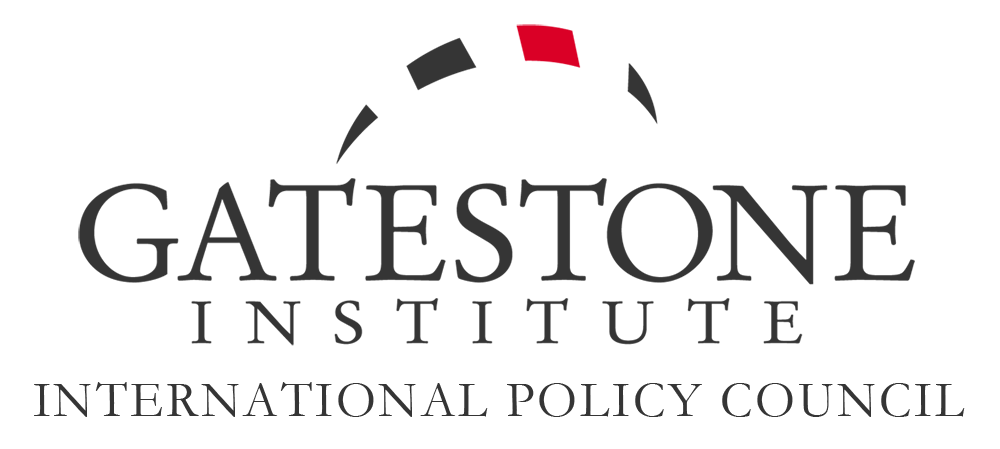In this mailing:
- Giulio Meotti: Annihilation of Christian Life and People: Where is the Outrage in the West?
- Amir Taheri: From Khartoum to Tehran: Graveyard of Forlorn Hopes
by Giulio Meotti • April 28, 2019 at 5:00 am
Islamic extremists have seen that the West has not mobilized to prevent them from repressing Christians, as if unconsciously there were a strange convergence between our silence and the ethnic cleansing project of the Islamic State, aimed at erasing Christians.
"Religious liberty, the core value of western civilisation, is being destroyed across large parts of the world. Yet the West, myopically denying this religious war, is averting its gaze..." — Melanie Phillips, British journalist, The Times, November 17, 2014.
The Duke of Cambridge, Prince William, just visited the Muslim survivors of the attack on the mosques in Christchurch, New Zealand. Why does the same compassion not spur the British royal family to stop in Sri Lanka, their former colony, to meet the Christian survivors, before going back to England?
The appeal of Asia Bibi's daughters to help her mother met a deaf West. The UK refused to offer asylum to this persecuted Pakistani Christian family.

Sri Lanka after the jihadist massacre of Christians is not just a terrible succession of crying mothers and little coffins. Unfortunately, it also tells us a lot about the discouraging state of the West. Pictured: The funeral of one of the victims of the April 21 Easter Sunday attack in Sri Lanka. (Photo by Carl Court/Getty Images)
"Where is the solidarity for the Sri Lanka's Christians?" asked the British scholar Rakib Ehsan, a Muslim.
"The differences in tone and nature between the condemnations of the Christchurch and Sri Lanka terrorist attacks are striking. After Christchurch, there was no hesitation about stating the religious backgrounds of the victims and directing emotion and affection towards Muslim communities. Politicians took no issue with categorising the events in Christchurch as terrorism.
"In contrast, the words 'terrorism' and 'Christianity', along with their associated terms, have so far failed to feature in much of the reaction to the attacks in Sri Lanka.
by Amir Taheri • April 28, 2019 at 4:00 am
PAIC's program contained ambitious goals, including the elimination of Israel, the collapse of the United States following the disintegration of the Soviet Empire, and the establishment of "truly Islamic" regimes in all the 57 countries where Islam was a majority religion. With a handful of exceptions, almost all the men who were supposed to build Turabi's brave new world ended rather badly.
One of the two members of the committee to avoid a bad end, was Rached al-Ghannouchi, founder of the Tunisian Islamic Ennahdha ("Awakening"). Ghannouchi was wise enough to understand that Tunisians will not consent to replace a pseudo-secular despot with a religious tyrant. Some say Ghannouchi abandoned conspiratorial shenanigans in favor of consensus politics.
Turabi boasted that he had triggered an avalanche that would bury the "corrupt world" of Zionists and Crusaders. Well, that didn't happen. What was buried was the sheikh's forlorn hope; the ghost of which is now haunting the ayatollah in Tehran.

Last month, the Islamic Republic of Iran's "Supreme Guide" Ali Khamenei published his manifesto for "building the new Islamic civilization over the next four decades". (Image source: khamenei.ir)
Last month, the Islamic Republic of Iran's "Supreme Guide" Ali Khamenei published his manifesto for "building the new Islamic civilization over the next four decades".
The manifesto is based on the assumption that the original Islamic civilization, which shone in its full glory in Medina and later in Kufa during Ali ibn Abi Talib's caliphate, has been all but destroyed by internal and external enemies and thus needs to be entirely rebuilt. Khamenei's argument echoes the analysis presented by the late Sudanese Islamist Hassan al-Turabi in the first "Popular Arab and Islamic Congress" (PAIC) he presided over in Khartoum in April 1991.
|
|



No comments:
Post a Comment